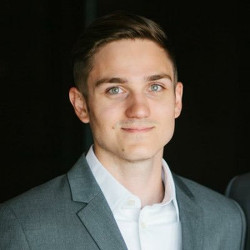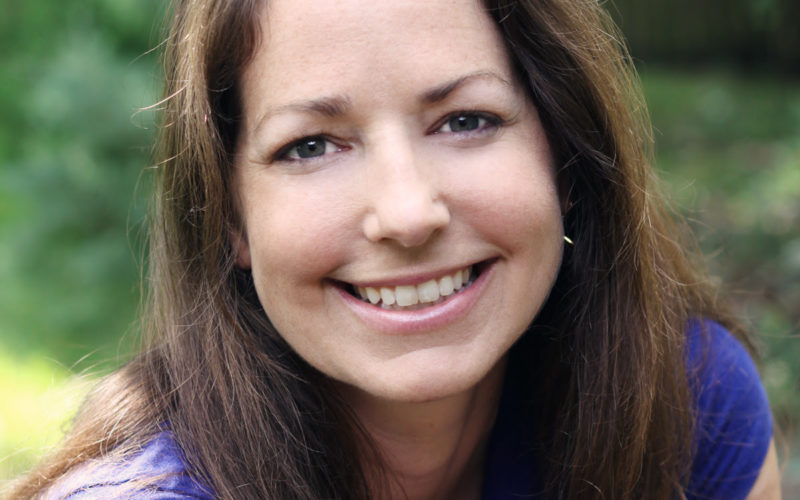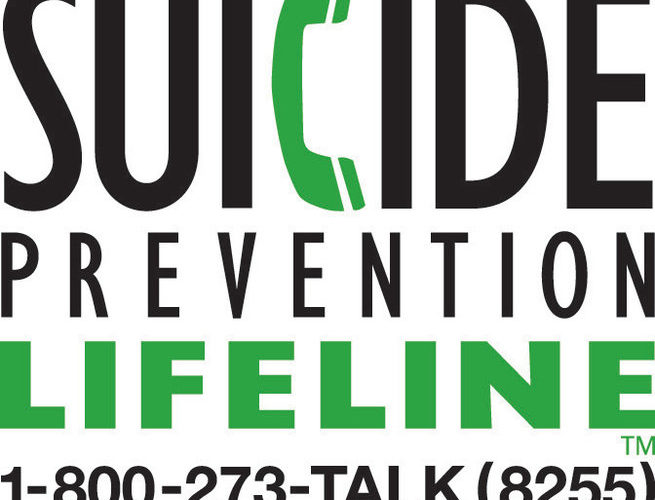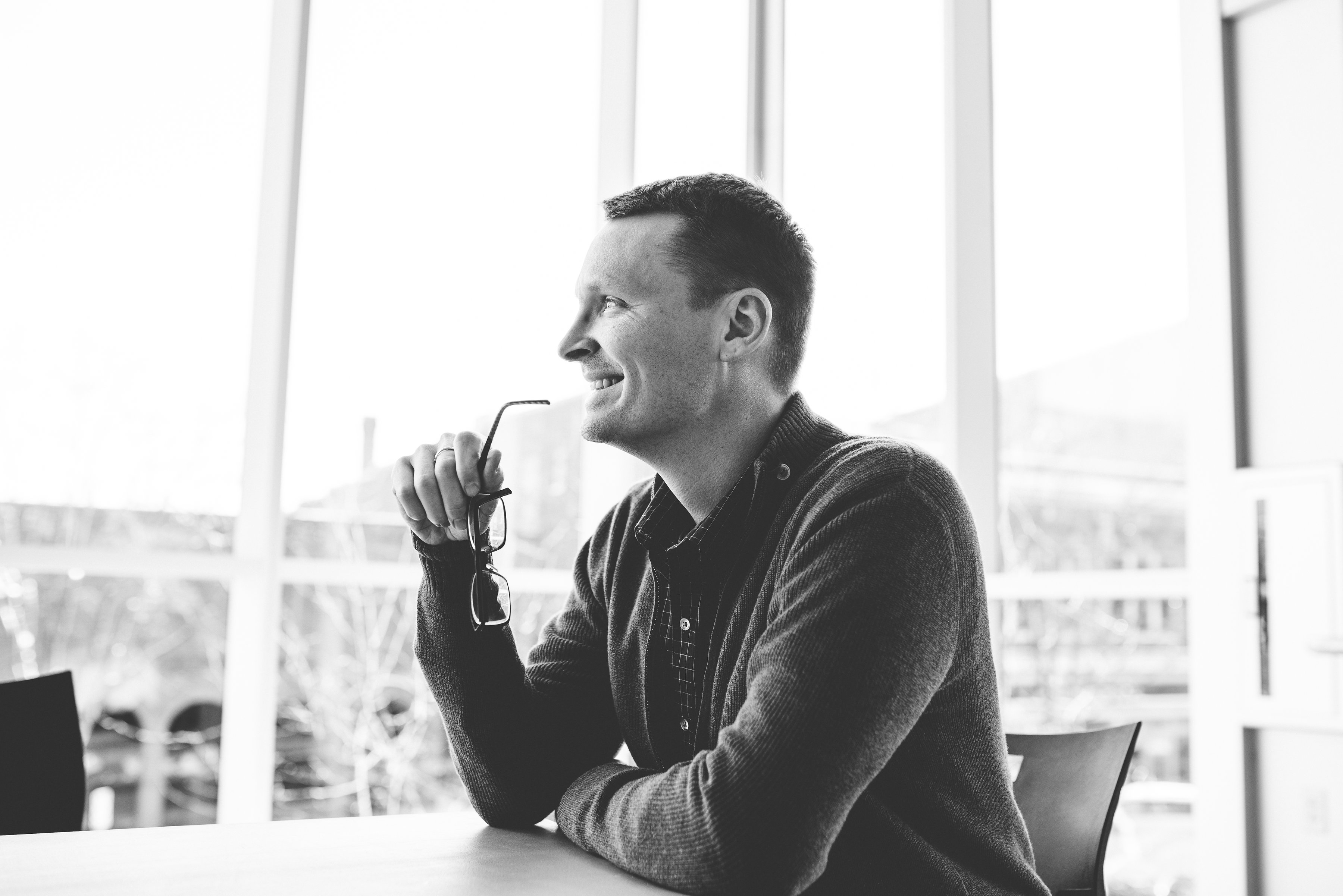I am a man of faith who has attempted suicide. As such, I feel a unique responsibility to share my story. I want to stress that this is my own story. Not the story of Kate Spade. Anthony Bourdain. Robin Williams. Or the countless others who don’t make the news. Still, maybe my story will contribute to a better understanding of how someone like me could choose death over life.
First, my own story. In high school, I was a star athlete and a stellar student. I gave a speech at my high school graduation and shared a poem by Edwin Arlington Robinson called, “Richard Cory.” It begins:
Whenever Richard Cory went down town,
We people on the pavement looked at him:
He was a gentleman from sole to crown,
Clean favored, and imperially slim.
And ends…
So on we worked, and waited for the light,
And went without the meat, and cursed the bread;
And Richard Cory, one calm summer night,
Went home and put a bullet through his head.
I talked about faith as the “missing ingredient” to provide us the will to live. What I didn’t say is that in spite of my own faith, I wrestled inside with a profound sense of meaninglessness. All I seemed to be in the eyes of others was vanity. Sheer vanity.
I took this nagging sense of “phoniness” (as Holden Caulfield might put it) with me to college. Therapy was not a preferred course of treatment in the early 80s. Frat parties were. So instead of psychotropics, I imbibed copious amounts of beer. Whenever I began to feel the angst of meaninglessness, I would drink something to make me laugh at the foolishness of life or smoke something that unveiled the creative connectivity of the universe. Blah. Blah. Blah.
Fast forward to when I became a husband. A pastor. A father. I was suddenly thrust into roles with no script. I was terrified. I turned to a therapist. Then a psychiatrist. I started taking psychotropics which did neither good nor harm. At first. Then we found one that picked me up. And kept me up. Night and day. Day and night. Over 125 hours of brain-racing, vision-seeing, voice-hearing, roller coaster riding mania. Later, they would call this medication-induced psychosis.
Did the psych meds cause my mental illness? Doubtful. More likely, they set off an early warning signal that prompted me to get help.
In spite of this episode, my faith remained firm. I just had to re-exam it. The voice I was hearing was not God’s. The inspiration I received was not divine revelation. If I felt ecstatic, it was not God’s favor. If I felt despair, it was not God’s judgement. All these things were part of my experience, but my core identity was that I was a child of God. A child who, like other children, had special blessings and unique challenges to make it through life.
By the grace of God, I remained in pastoral ministry for another dozen years after my psychotic episode. These were fruitful years and I found myself with the opportunity to advance in my ministerial career. “Climb the ecclesiastical ladder,” as some put it. I was thrilled by the prospect and poured myself wholeheartedly into the task. I sacrificed my family and my mental health in an effort to be the Savior I had lost sight of.
But I felt no despair. Maybe I buried it, like everything else, under a pile of papers on my desk or stacks of half-consumed coffee cups around the office.
One Saturday night, as I was walking home, I began to feel queasy. I thought I had the flu. So I called someone to preach for me the next day. I went to bed and suddenly heard a voice that said, “It’s okay.”
Had I been in my right mind, I may have found this reassuring. God telling me through an inner voice, “It is well with my soul.” Instead, I heard it as Divine permission to kill myself. So I tried. And it didn’t work. Thanks be to God.
It’s been over a decade now since my suicide attempt. I’ve had plenty of time to reflect on it, to feel its impact, to explore it, to pick it apart. I’ve spent countless hours in therapy coming to terms with it. I wrote a book on it (Delight in Disorder) in an effort to reach others who may be struggling with similar circumstances.
So, what have I learned? How does my own suicide attempt contribute to an understanding of the suicides we hear so much about, as well as the vast numbers we don’t? And, what can we do to best create a climate where suicide is less common than every 15 minutes? Here are three modest proposals:
- When someone seems to have it all together, they may be most at risk. Rather than idolize them, offer prayers for them. We often demand the most from people who have the least left to give.
- Fund independent research for pharmaceuticals that are affordable and effective. Major drug companies are not making better drugs; they are marketing more profitable ones.
- Integrate faith, therapy, and psychiatry so they function more as a three-cord strand rather than ropes pulling the most vulnerable apart.
These three things may seem beyond the reach of any one individual. And, they are. We will need foster a healing community that provides help for the hurting. At the same time, we can each do our part.
Before I started writing this, I shared a Facebook update that I would be addressing the subject as a person of faith who has attempted suicide. Immediately, I got a message from a friend, “Are you okay?”
This simple act took less than 5 minutes of her time. And it took place on what is often a poorly misused social media. The point is, however, she was alert to a potential risk and reached out.
The more we cultivate the care involved in connecting with the unconnected, the less likely they will be to disconnect.
{originally published in Delight on Disorder blog}





Recent Comments